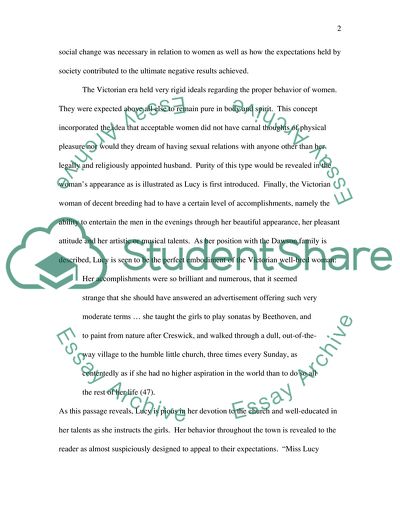Cite this document
(Lady Audleys Secret Concealed by Gender and Sexuality Essay, n.d.)
Lady Audleys Secret Concealed by Gender and Sexuality Essay. https://studentshare.org/literature/1724800-gender-and-sexuality
Lady Audleys Secret Concealed by Gender and Sexuality Essay. https://studentshare.org/literature/1724800-gender-and-sexuality
(Lady Audleys Secret Concealed by Gender and Sexuality Essay)
Lady Audleys Secret Concealed by Gender and Sexuality Essay. https://studentshare.org/literature/1724800-gender-and-sexuality.
Lady Audleys Secret Concealed by Gender and Sexuality Essay. https://studentshare.org/literature/1724800-gender-and-sexuality.
“Lady Audleys Secret Concealed by Gender and Sexuality Essay”. https://studentshare.org/literature/1724800-gender-and-sexuality.


